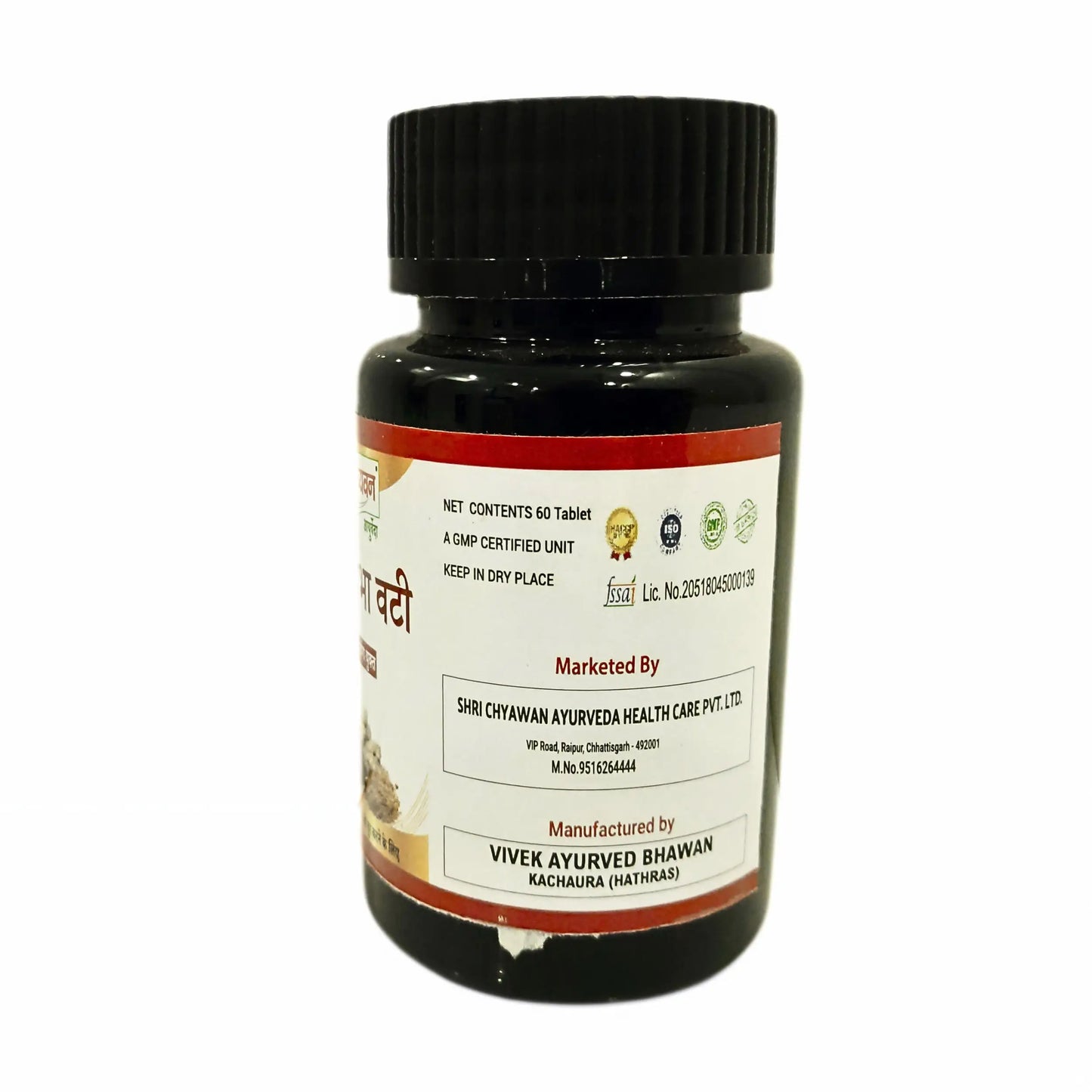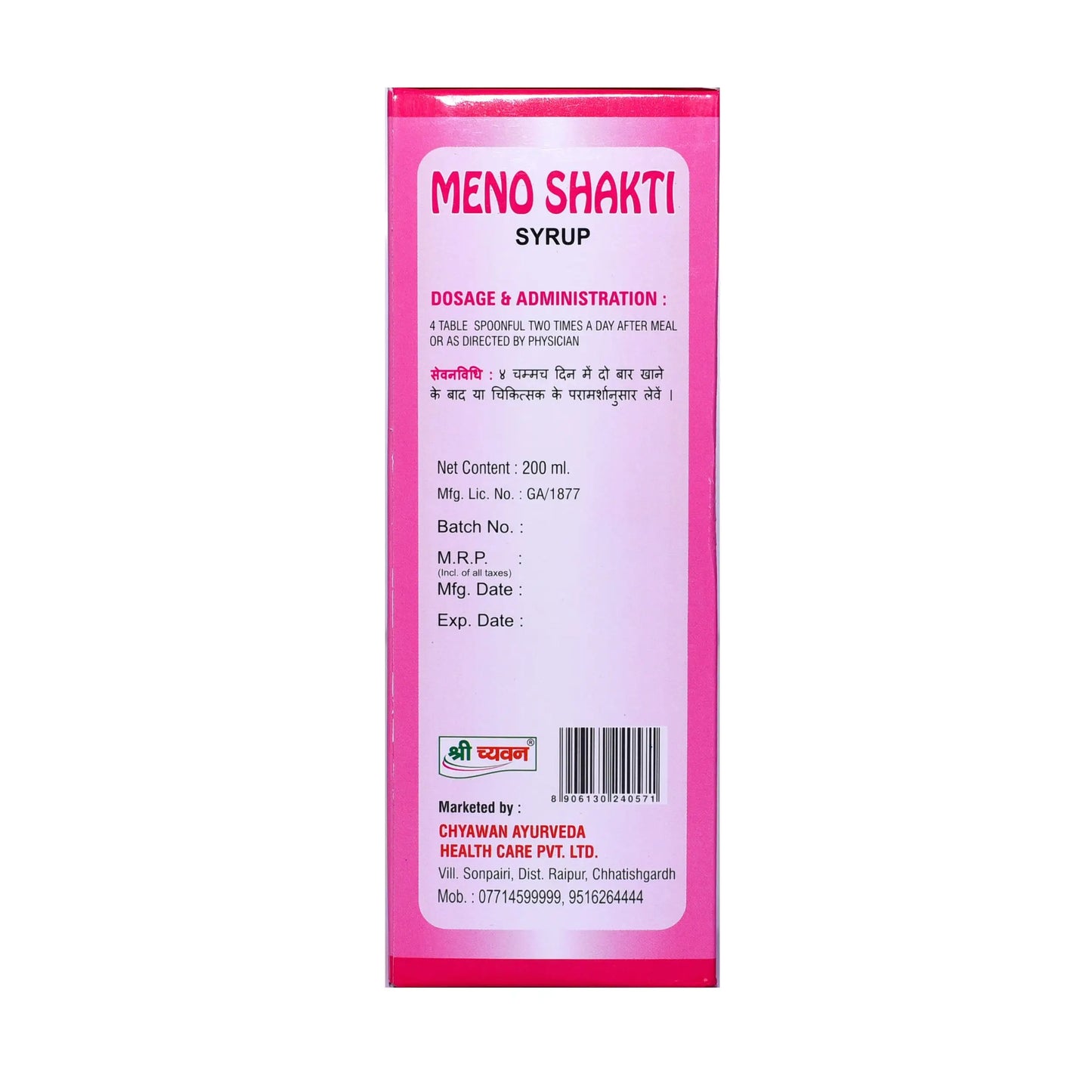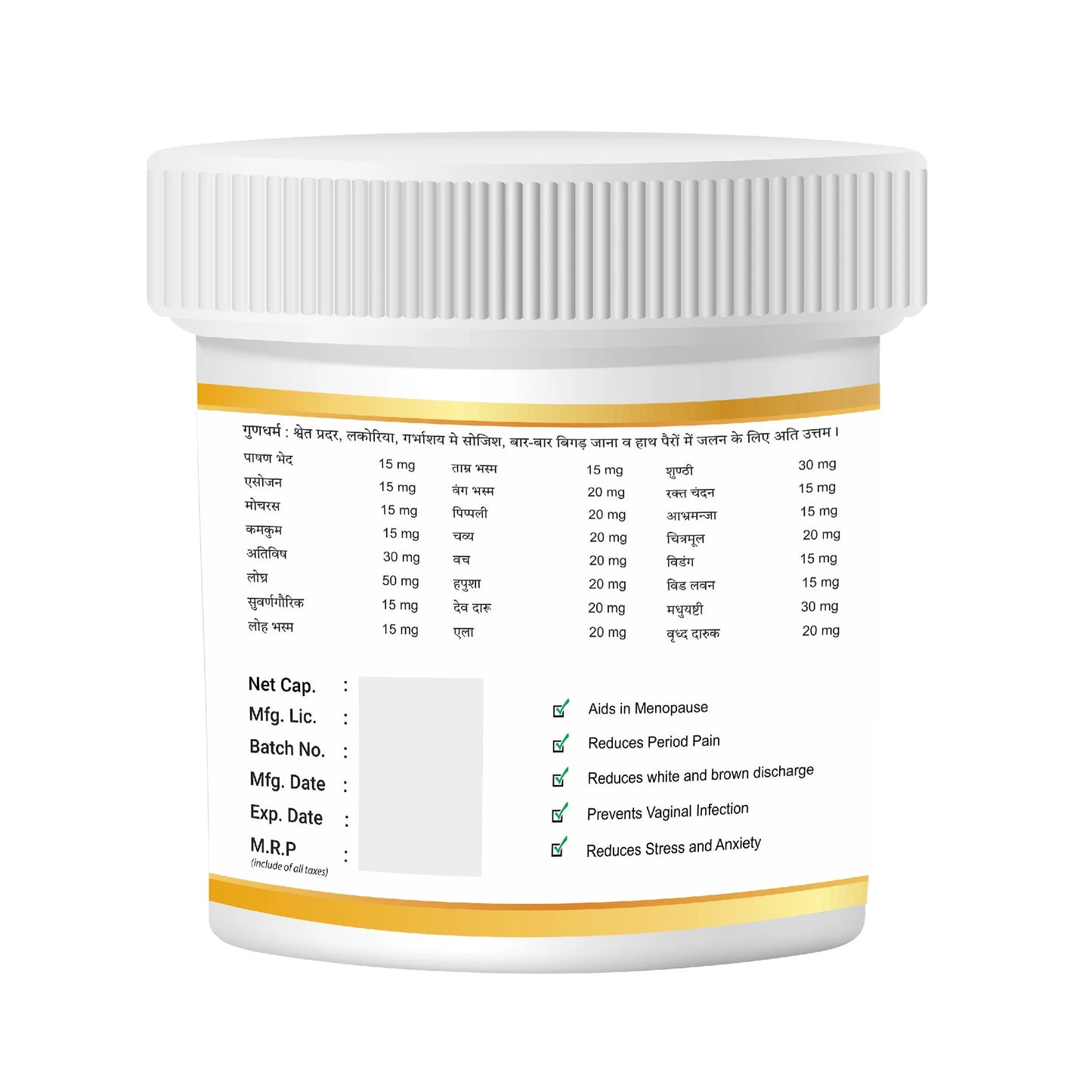Irregular periods, also known as menstrual irregularities or irregular menstrual cycles, refer to variations in the length of time between menstrual periods or changes in the amount of blood flow and duration of menstruation. A regular menstrual cycle typically lasts around 28 days, but variations of a few days are considered normal. Irregular periods may manifest in several ways:
- Cycle Length Variations:
- Short Cycles: Menstrual cycles that are shorter than the usual 21 to 35 days.
- Long Cycles: Menstrual cycles that are longer than the usual range.
- Menstrual Flow Changes:
- Heavy Menstrual Bleeding: Experiencing unusually heavy flow during periods.
- Light Menstrual Bleeding: Having periods with less blood flow than usual.
- Menstrual Duration Variations:
- Short Duration: Periods that last for a shorter duration than usual.
- Long Duration: Menstrual periods that extends beyond the typical length.
- Skipped or Missed Periods:
- Missing a menstrual period altogether or having irregular occurrences of skipped periods.
- Painful Periods:
- Experiencing increased pain (dysmenorrhea) during menstruation.
- Spotting Between Periods:
- Light, unpredictable bleeding or spotting between menstrual cycles.
- Hormonal Imbalances:
- Fluctuations in hormone levels, particularly estrogen and progesterone.
How Irregular Periods can affect Fertility?
Irregular periods can have implications for fertility, making it challenging for individuals who are trying to conceive. Understanding how irregular periods can affect fertility and implementing strategies for managing fertility in the presence of irregular cycles is crucial. Let's explore these aspects in detail:
- Ovulation Irregularities:
- Irregular periods often indicate irregular ovulation, making it difficult to predict the fertile window.
- Ovulation is the release of an egg from the ovaries, and regular ovulation is essential for conception.
- Without regular ovulation, there is a decreased chance of the egg being available for fertilization.
- Hormonal Imbalances:
- Hormonal fluctuations can disrupt the delicate balance necessary for conception.
- An imbalance in estrogen, progesterone, and other reproductive hormones can affect the quality and regularity of the menstrual cycle.
- Unpredictable Fertile Window:
- In a regular menstrual cycle, the fertile window typically occurs around the middle of the cycle.
- With irregular periods, it becomes challenging to predict when ovulation will occur, making it harder to time intercourse for conception.
- Underlying Conditions:
- Conditions such as polycystic ovary syndrome (PCOS) or thyroid disorders, which are common causes of irregular periods, may also affect fertility.
- PCOS, for example, can lead to anovulation (lack of ovulation) and difficulties in conceiving.
- Reduced Frequency of Ovulation:
- Irregular periods may be associated with fewer ovulatory cycles, reducing the opportunities for successful conception.
Tips for Managing Fertility When Dealing with Irregular Cycles:
- Monitor Ovulation:
- Use ovulation predictor kits or fertility tracking apps to identify signs of ovulation, such as changes in basal body temperature or cervical mucus.
- Regular monitoring can help pinpoint the fertile window even in the presence of irregular cycles.
- Seek Medical Advice:
- Consult with a healthcare professional, preferably a reproductive endocrinologist or fertility specialist, to identify the underlying cause of irregular periods.
- Addressing the root cause may improve fertility prospects.
- Maintain a Healthy Lifestyle:
- Adopt a balanced diet, engage in regular exercise, and maintain a healthy weight. Lifestyle changes can positively impact hormonal balance and menstrual regularity.
- Manage Stress:
- Practice stress-reducing techniques such as meditation, yoga, or mindfulness, as stress can contribute to irregular periods and impact fertility.
- Medication and Hormonal Support:
- In some cases, fertility medications may be prescribed to induce ovulation.
- Hormonal therapies may be recommended to regulate the menstrual cycle.
- Regular Intercourse:
- Engage in regular, unprotected intercourse throughout the menstrual cycle to increase the chances of conception, even if the fertile window is unpredictable.
- Track Menstrual Cycles:
- Keep a detailed record of menstrual cycles, including cycle length and any associated symptoms. This information can be valuable when consulting with healthcare professionals.
- Consider Fertility Treatments:
- In more challenging cases, assisted reproductive technologies (ART) such as in vitro fertilization (IVF) may be explored.
Ayurvedic Medicine and Treatment for Irregular Periods
Our team of experienced ayurveda experts have prepared best ayurvedic medicine for irregular periods - Women Care Kit. It is made up by the combination of natural ingredients making it trustworthy and safe for use.
The kit is also beneficial for Menopause, period pain, menstrual pain, white discharge etc. with proven results.
The Kit Contains -
1. Chandraprabha Vati: It helps to reduce the level of uric acid, keeping vaginal infections away.
Ingredients: It consists Swarn Bhasm, Vai Vidang, Chitrak Bark, Daruharidra, Devdaru, Camphor, Pipalmool, Nagarmotha, Pippal, Kali Mirch, Yavkshar, Vach, Dhania, Chavya, Gajpipal, Sounth, Sendha Namak, Nishoth, Dantimool, Tejpatra, Chhoti elaichi.
How To Use: Consume 1 tablet at night before going to bed.
2. S.N. Uritone Capsule: Provides relief from period pain, back and pelvic pain.
Ingredients: It consists of ingredients like Pashan Bhed, Esogen, Kumkum, Ativish, Logrh, Loh Bhasm, Madhuyasti, Tramr Bhasm, Vang Bhasm, Pipli, Chav, Vach, Hapusha, Dev Daru, Aela, Rakt Chandan, Chitramul.
How to use: Twice a day after meals i.e., post lunch and dinner.
3. Menoshakti Syrup: One of the best ayurvedic syrup for irregular periods prepared by combination of natural ingredients. It maintains estrogen levels, considerably reduces stress and anxiety and reduces hot flashes and night sweats.
Ingredients: It consists of Gooler fruit, Ashoka Bark, Methi, Nag Keshar, Nagar Motha, Punarnava, Clove, Jaiphal, Trikuta, Triphala, Nagarvel, and Mulethi.
How to use: Consume 4 tablespoons twice a day after meals i.e. post lunch and dinner.
In conclusion, ayurvedic medicines for irregular periods have been traditionally used to address irregular periods and hormonal imbalances, it is essential to approach their usage with caution and under the guidance of qualified healthcare professionals. Ayurveda considers individual constitution and aims to restore balance in the body, but scientific evidence supporting its efficacy for specific hormonal issues may be limited.












